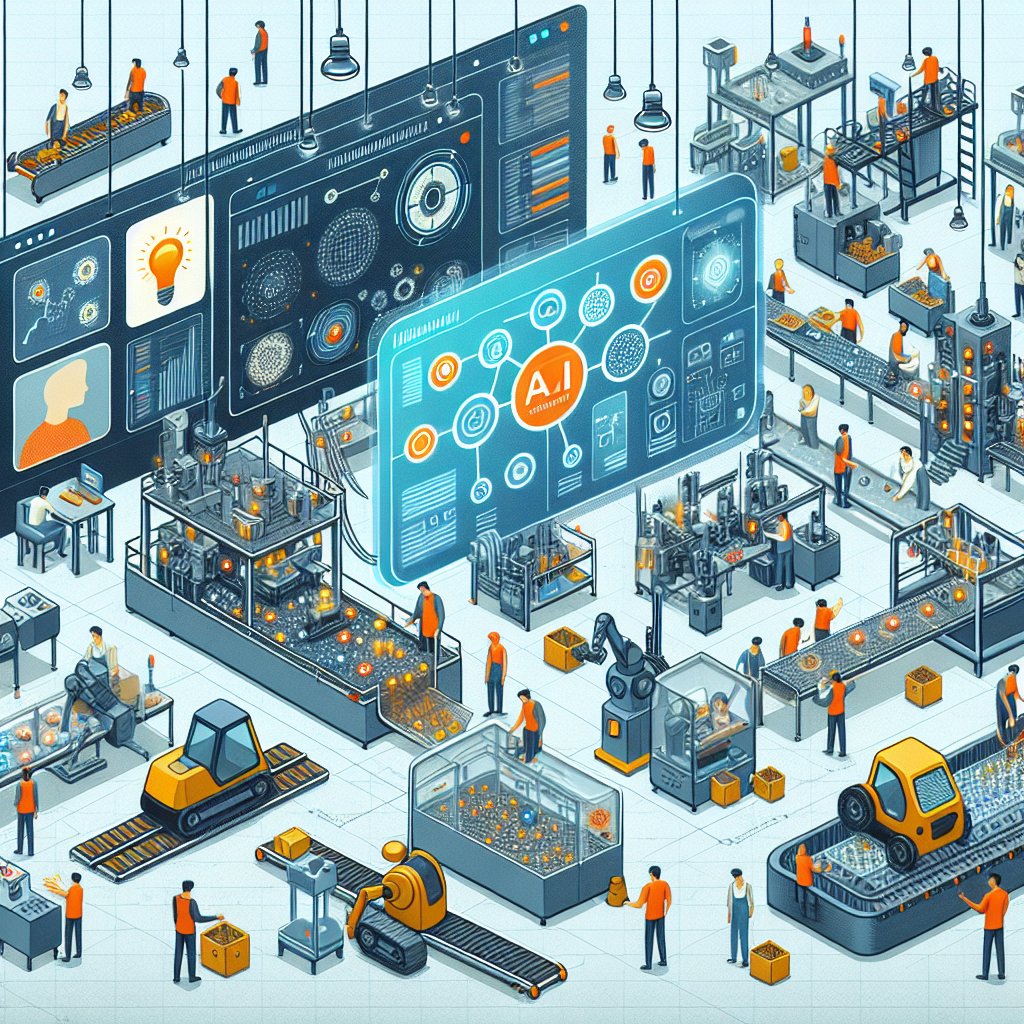As technology continues to advance, the manufacturing sector is seeing a significant shift towards the use of Industrial AI and automation in production processes. This trend towards smart production has brought about numerous benefits, including increased efficiency, improved quality control, and reduced labor costs. However, with these advancements come ethical considerations that must be carefully addressed.
One of the main ethical concerns surrounding the use of AI and automation in manufacturing is the potential impact on jobs. As more tasks become automated, there is a fear that many workers will be displaced and left without employment. It is crucial for companies to consider how they can retrain and redeploy their workforce to ensure that no one is left behind.
Another important consideration is the issue of data privacy and security. With Industrial AI collecting vast amounts of data on production processes and equipment performance, there is a risk that this information could be compromised or misused. Companies must take steps to safeguard this data and ensure that it is only used for its intended purposes.
Additionally, there are concerns about the potential for bias in AI algorithms used in manufacturing. If not properly trained, these algorithms could inadvertently perpetuate discrimination or inequality within the workplace. It is essential for companies to regularly audit their AI systems to identify and address any biases that may exist.
Despite these challenges, the use of Industrial AI and automation in manufacturing has the potential to revolutionize the industry and drive significant growth. By approaching these technologies with a thoughtful and ethical mindset, companies can harness their power while also ensuring that they are used responsibly.
In conclusion, as we continue to embrace tech in manufacturing, it is essential that we do so with a keen awareness of the ethical implications involved. By addressing issues such as job displacement, data privacy, security, and bias head-on, we can create a future where AI and automation benefit both businesses and society as a whole.

Leave a Reply